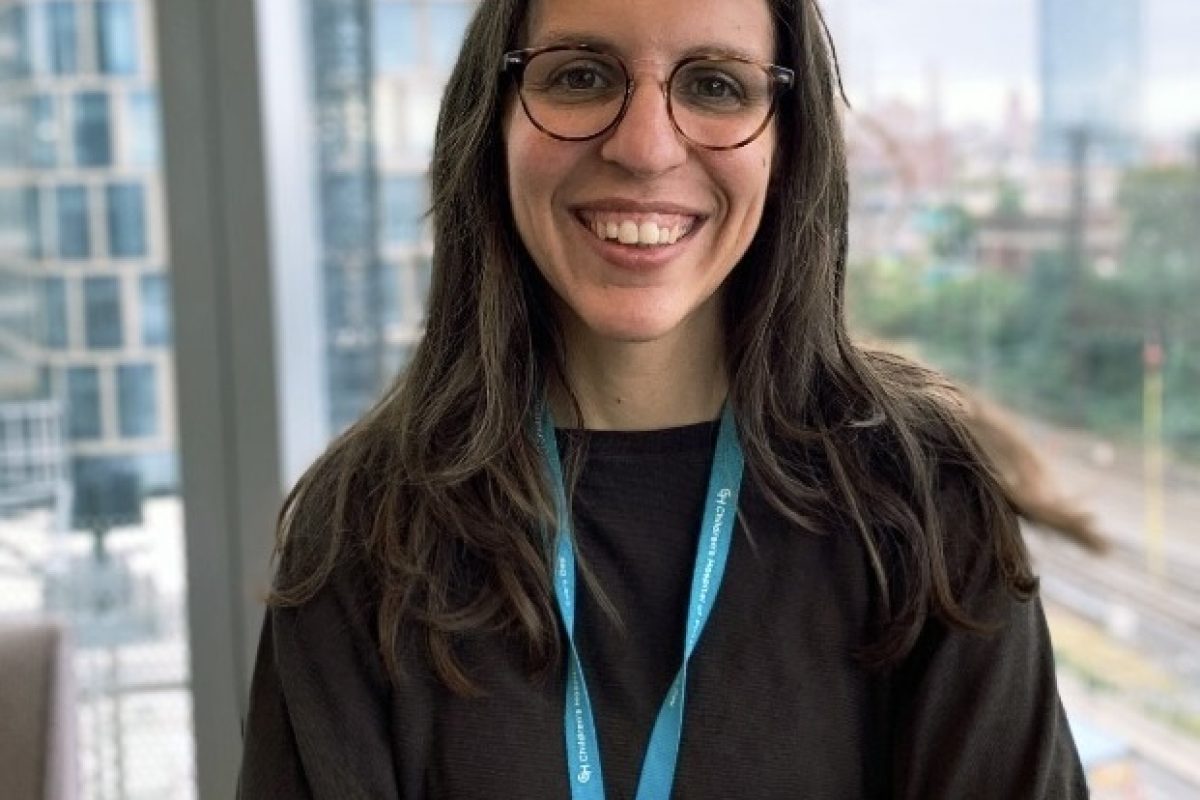Research Interests
Gene therapy, oligonucleotides, RNA metabolism, neuro disorders, organoids
Education
BS, Biology, University of Ferrara
MS, Molecular and Cellular Biotechnologies, San Raffaele University
PhD, Biochemistry and Molecular Biology, University of Ferrara/Children’s Hospital of Philadelphia
Hometown
Voghenza, Italy
Hobbies
Traveling & hiking, cooking, cycling and classic literature







